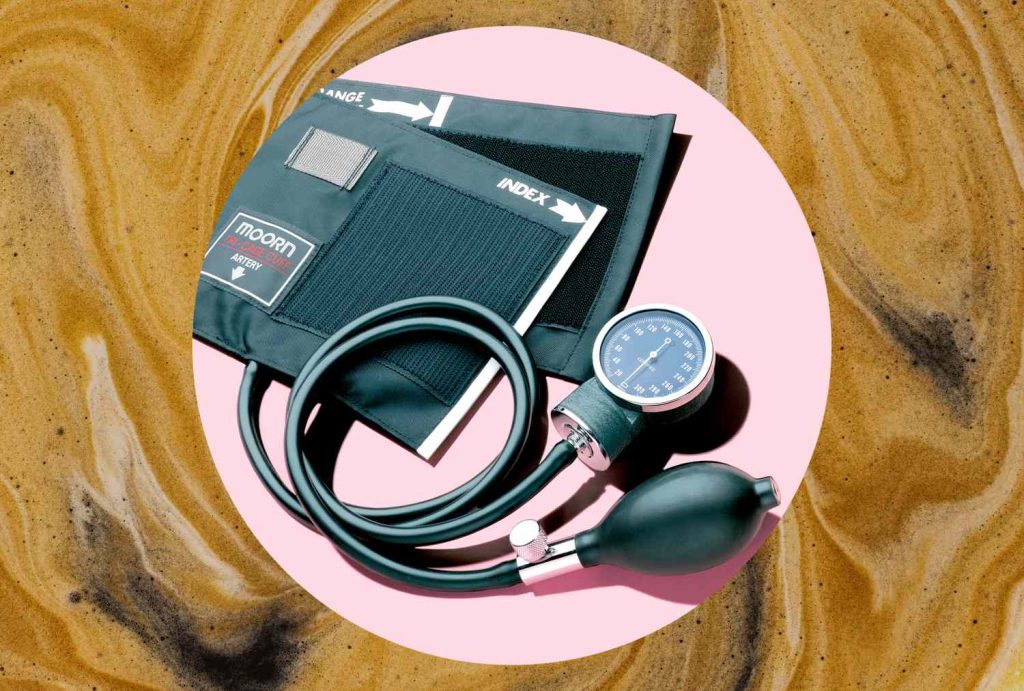The Impact of Coffee on Blood Pressure: What You Need to Know
Coffee is a cherished ritual for many, with approximately two-thirds of Americans indulging in daily cups of this rich brew. However, as nearly half of U.S. adults face high blood pressure, one might wonder how their favorite caffeinated beverage influences their cardiovascular health. In this article, we’ll explore the connection between coffee and blood pressure, addressing common concerns and offering expert insights for coffee enthusiasts.
Understanding Coffee’s Effect on Blood Pressure
While coffee is often lauded for its stimulating effects, it also raises important questions about its influence on blood pressure. Research reveals that caffeine can lead to temporary spikes in blood pressure, even in those who do not have hypertension. According to Kiran Campbell, RDN, caffeine triggers the central nervous system, promoting adrenaline release and blocking adenosine, a chemical that relaxes blood vessels. As a result, caffeine can constrict your blood vessels, leading to short-term increases in blood pressure.
Despite these immediate effects, studies suggest that moderate coffee consumption does not typically lead to long-term hypertension. Many individuals develop a tolerance to caffeine, rendering its effects on blood pressure less significant over time. As board-certified cardiologist Edo Paz, M.D., notes, moderate intake of caffeine—typically 3-4 cups a day—appears safe for most healthy adults.
Factors That Influence Coffee’s Impact on Blood Pressure
1. Caffeine’s Role
Caffeine’s stimulant properties are at the core of its effects on blood pressure. By blocking adenosine, caffeine can cause blood vessels to constrict, ultimately leading to an increase in blood pressure. However, this spike is often temporary and may not indicate a permanent rise for healthy individuals.
2. Antioxidant Benefits
Coffee is rich in antioxidants, particularly polyphenols, which can enhance vascular health. These antioxidants combat oxidative stress and inflammation—two factors that can impair blood vessel function. Research indicates that the benefits of antioxidants in coffee may offset its blood pressure-raising effects, helping to lower blood pressure over time.
3. Adrenaline Production
Caffeine prompts increased adrenaline production, which raises heart rates and constricts blood vessels, subsequently impacting blood pressure. While excessive caffeine consumption can amplify these effects, moderate intake appears to promote vascular health. In fact, some studies indicate that individuals with hypertension who consume moderate amounts of coffee experience better vascular function than those who abstain entirely.
4. Brewing Method
Believe it or not, the way you brew your coffee can also affect its health implications. Unfiltered methods, like French press, yield higher levels of diterpenes that may elevate LDL cholesterol levels, a contributor to heart disease. Filtered coffee, like drip or pour-over, is lower in these compounds and is associated with better cardiovascular outcomes.
How Much Coffee is Safe?
Health authorities including the FDA and the American Heart Association consider up to 400 mg of caffeine daily (roughly 4-5 cups of brewed coffee) safe for most adults. However, if you have hypertension, it is advisable to limit your intake to lower amounts, usually recommended to be less than one cup a day.
Coffee drinks can vary greatly in caffeine content—espresso contains about 63 mg per shot, while an 8-ounce cup of regular coffee typically has around 95 mg. For those concerned about caffeine, decaffeinated coffee (which contains about 3 mg per cup) is a great alternative.
If you are on blood pressure medication or struggle with uncontrolled hypertension, consulting a healthcare provider is essential to determine a suitable caffeine intake.
Tips for Coffee Lovers Concerned About Blood Pressure
-
Monitor Your Blood Pressure: Regularly check your blood pressure before and after coffee consumption. Keeping track of your body’s responses can offer valuable insights into how coffee affects you personally.
-
Be Aware of Other Caffeine Sources: Assess your overall caffeine intake from other sources, such as tea, soft drinks, or chocolate. Understanding your total consumption can help you make informed decisions about your coffee habits.
-
Opt for Decaf or Half-Caf: If you find yourself sensitive to caffeine, consider switching to decaf or half-caf blends to still enjoy coffee without the associated caffeine spikes.
- Consult a Healthcare Professional: Individual needs vary, and it is best to discuss your coffee habits with a healthcare provider to formulate a plan that aligns with your health goals.
Conclusion: Enjoy Your Coffee Mindfully
For most coffee enthusiasts, the delight of a daily cup can coexist with blood pressure management strategies. While caffeine may lead to temporary elevations in blood pressure, the antioxidant properties of coffee offer protective benefits for most individuals. As always, individual preferences and health considerations play a significant role. If you have concerns about your blood pressure, consult a healthcare provider for personalized advice.
By maintaining awareness of how coffee interacts with your body, you can enjoy your favorite beverage while taking steps to support your health. So, savor that cup of coffee—your daily ritual might just contribute positively to your wellbeing!
Further Reading
By keeping this article informative and SEO-friendly, with an easy-to-follow structure and relevant links, readers can enrich their understanding of how their beloved coffee can impact blood pressure and overall heart health.





